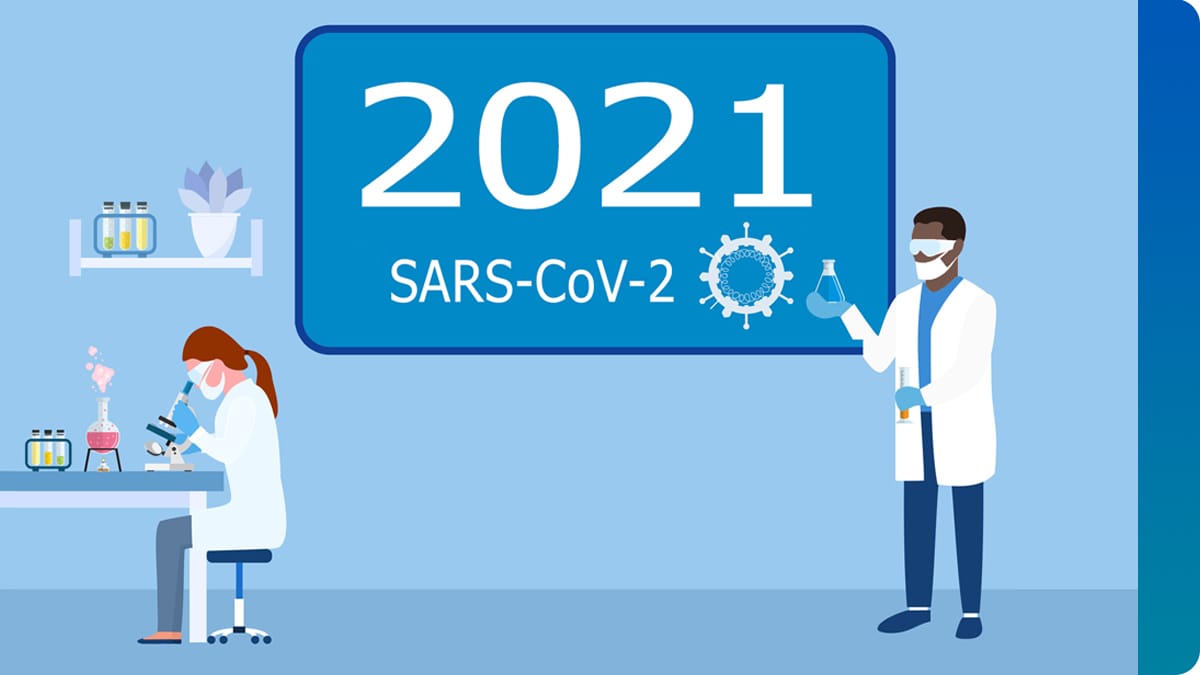What to know
The University of Michigan sequenced SARS-CoV-2 samples collected through healthcare networks and a range of local testing labs. They sought to associate viral sequences with vaccination status and assess changes in the characteristics and evolution of the virus because of vaccine campaigns. Awarded in 2021, the study combined viral genomic data with vaccination status, prior infection status, and antibody data to understand risk factors and outcomes in SARS-CoV-2 reinfection.

- "Alarming antibody evasion properties of rising SARS-CoV-2 BQ and XBB variants”: Cell. 2023 Jan 19;186(2):279-286. PMID: 36580913
- Evolving antibody evasion and receptor affinity of the Omicron BA.2.75 sublineage of SARS-CoV-2". bioRxiv 2023.03.22.533805; doi: https://doi.org/10.1101/2023.03.22.533805
- "Antigenicity and receptor affinity of SARS-CoV-2 BA.2.86 spike". Nature 624, 639–644 (2023). https://doi.org/10.1038/s41586-023-06750-w
- The variant-specific burden of SARS-CoV-2 in Michigan: March 2020 through November 2021, Journal of Medical Virology, 2022.
